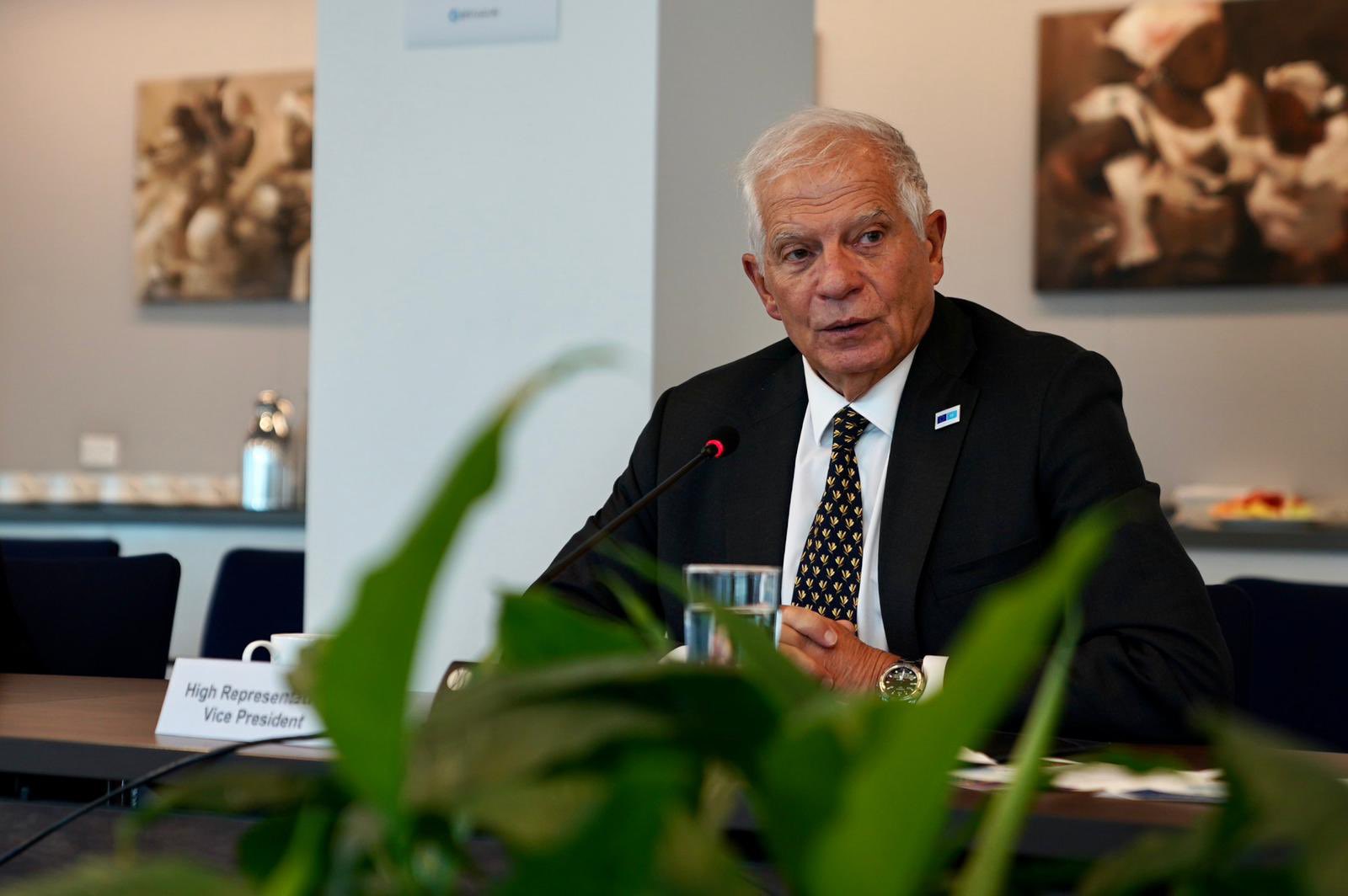The signing of the successor to the Cotonou Agreement in Samoa next month is expected to boost diplomatic relations between the Pacific and the European Union, says EU High Representative/Vice-President, Joseph Borrell.
He made the remarks at a meeting with leaders of the Pacific Small Island Development States (PSIDS) in New York.
“I would like travel to this part of the world, and I hope that I will be able to do that before the end of my mandate. I know that in Samoa, there is going to be the signature of the Post-Cotonou agreement, and this will be a good occasion to visit you.
On our engagement, I am extremely pleased that we will soon open a new chapter of our relations with the signing of the “Samoa Agreement” in Samoa in November. I hope I will be able to go. With this Post-Cotonou agreement, our relations will be much stronger, said the EU representative.
Borrell told PSIDS the European Union is the main contributor bilaterally and through global finance instruments to fight against climate change.
“The cooperation between the European Union and the Pacific [area]. I think we are reliable partners for the Pacific, supporting the Pacific development agenda [of] your 2050 Strategy of the Blue Pacific Continent.
“We have been committed to development and to development assistance. From 2014 to 2027, the amount of our engagement will be about €1.5 billion(US$1.58 billion). €1.5 billion (US$1.58 billion) in 13 years is not so much but overall, it is quite an important effort,” he explained.
Borell also said he is fully aware that climate change is a vital issue for the Pacific region.
“For us, climate is becoming a security issue because climate is creating movement of people in our neighbourhood, especially in Africa. Also, for your countries, climate [change] is becoming a security problem because you are on the frontline of the consequences of the climate change.
“You have been strong allies in bringing forward an ambitious climate change agenda, including in the run up to the COP28, which will be a decisive moment to see if humankind is able to deal with these challenges.
“I know – we know – that climate finance is a key priority. And rightly so – because, certainly, the responsibilities of climate change have been very distributed [in an unbalanced way] among the ones who have been emitters since the beginning of industrial revolutions, and others who have not [been] and on the contrary, they suffer more than anyone else [from] the consequences of a problem that they have not created. Certainly, you have not created climate change, but you suffer [from] the consequences [of it].
That is why finance, and compensation, and loss and damages, this important discussion is understandably a key priority for all of us,” he emphasised.
SOURCE: PACNEWS














